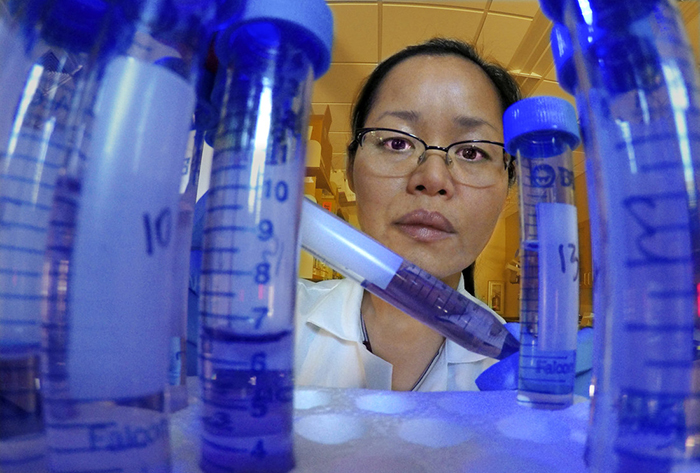UA Little Rock researcher receives nearly $50,000 to study effects of nanomaterials on immune systems
Dr. Kieng Bao Vang-Dings, research assistant professor at the Center for Integrative Nanotechnology Sciences at the University of Arkansas at Little Rock, received $49,509 from the Center for Advanced Surface … UA Little Rock researcher receives nearly $50,000 to study effects of nanomaterials on immune systems

